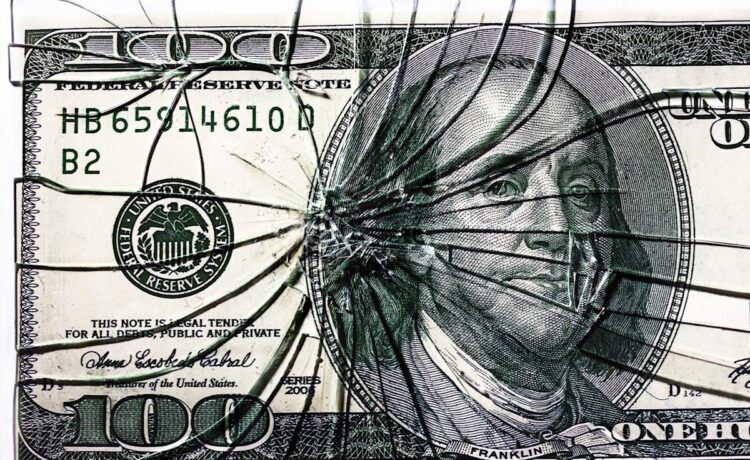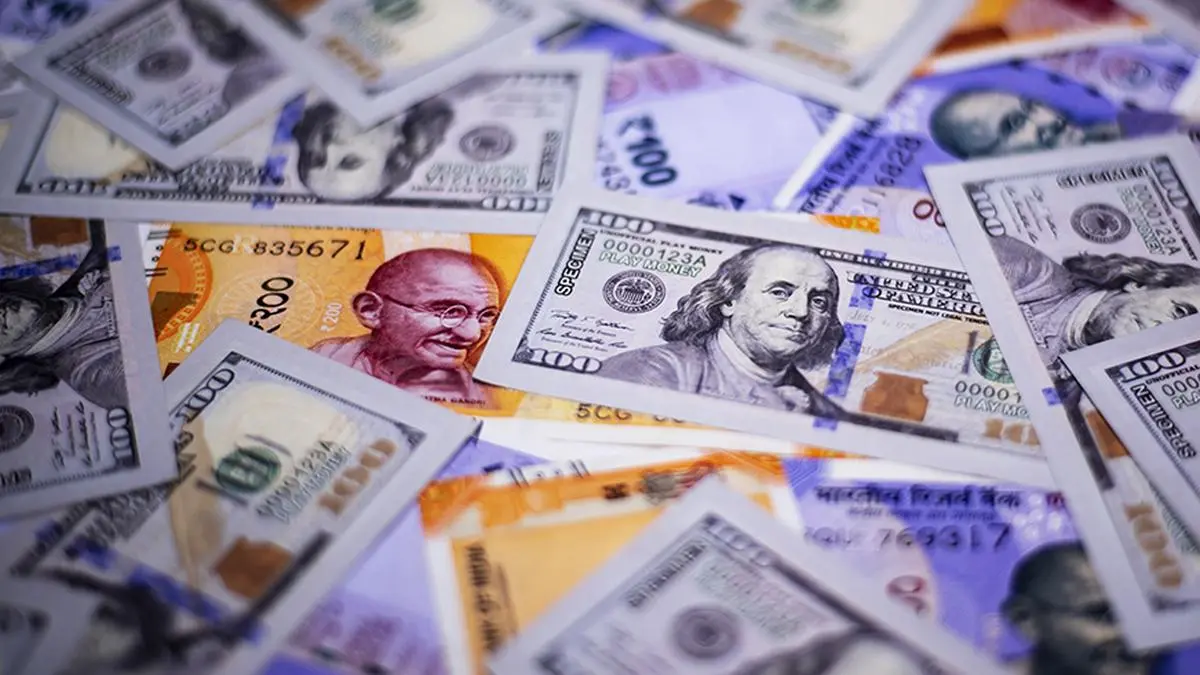-
The shock waves that President Donald Trump has sent to American allies and trading partners have also raised questions about U.S. assets, including the dollar. While the greenback isn’t expected to lose its status as the world’s dominant currency anytime soon, fresh doubts are creeping in as the world weighs how reliable the U.S. will be in future.
The world is having trust issues with America, and they could spill over to financial markets, including the almighty dollar.
For now, the dollar remains the dominant currency in global reserves and transactions, allowing the U.S. to enjoy an “exorbitant privilege.”
But President Donald Trump has shocked traditional allies and trading partners since taking office. He has warmed up to Russia and said if NATO members don’t pay more for defense, the U.S. may not come to their aid.
That prompted Quantum Strategy’s David Roche to declare earlier this month that “NATO is dead,” adding that “nobody will trust a U.S. treaty again.” As a result, Japan’s yen is now the new safe-haven currency, he said, unseating the greenback.
Doubts about the U.S. commitment to NATO have also prompted Canada and Portugal to have second thoughts about buying America’s F-35 stealth fighter, while Europe is launching a massive military buildup.
Then there’s Trump’s insistence that Canada and Greenland become part of the U.S., not to mention his tariffs against Canada and Mexico—despite the U.S. signing a trade pact with its neighbors during Trump’s first term.
“Mr. Trump has made clear that America’s signature on any document is now meaningless, whether it is the U.S.-Mexico-Canada Agreement—which Mr. Trump himself negotiated—the North Atlantic Treaty Organization, the Columbia and Great Lakes water treaties, or even U.S.-Canada border agreements settled decades ago,” Philip Cross, a senior fellow at the Macdonald-Laurier Institute, wrote in a Wall Street Journal op-ed this month.
Alliances are key to currencies, according to Barry Eichengreen, an economics and political science professor at the University of California at Berkeley who has written extensively about the dollar.
In a recent column in the Financial Times, he warned that “the dollar’s global role will suffer if the U.S. is perceived as turning its back on its allies.”
He pointed out that throughout history, countries tend to use their partners’ currencies as reserve assets and as methods of payment.
For example, Germany and Japan supported the dollar and helped preserve its global status during the 1960s because they valued their defense pacts with the U.S., Eichengreen said.





